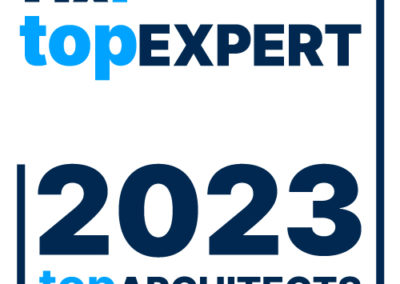
Going green has become common place in the marketing world. From light bulbs, clothing, to homes and cars – companies are telling you how they have gone green. If you do a little research on the claims, you will quickly find out that a lot of people have entered the “green world” with no knowledge of actual sustainable practices or concepts. Green Washing is a problem, as it causes the consumer to be confused and some give up after using a product that is not really green. Green washing is a form of spin where the marketing department tweaks reality to show their companies aims and policies towards environmentally friendly policies. Be careful when taking green claims at face value. Recycled content may not be the most important factor if you are really looking for the green alternative, you may be more interested in the off-gassing. Local content may be more important than FSC certification. Durability of a product may be more important than renewable resource (how fast it can be produced). There are many factors when selecting green products for your home – the best solution is to consult an experienced green building professional that can help you understand the pros and cons. Look for someone that has a track record with successful green projects, has certifications such as LEED AP, EarthCraft, or Certified Green Professional. Ask questions about how many green projects have been done and what considerations were taken. For instance, there are some green projects that are mainly focused on indoor air quality, energy conservation, or local products alone. Your goals may be all of those factors or any number of other concerns.




